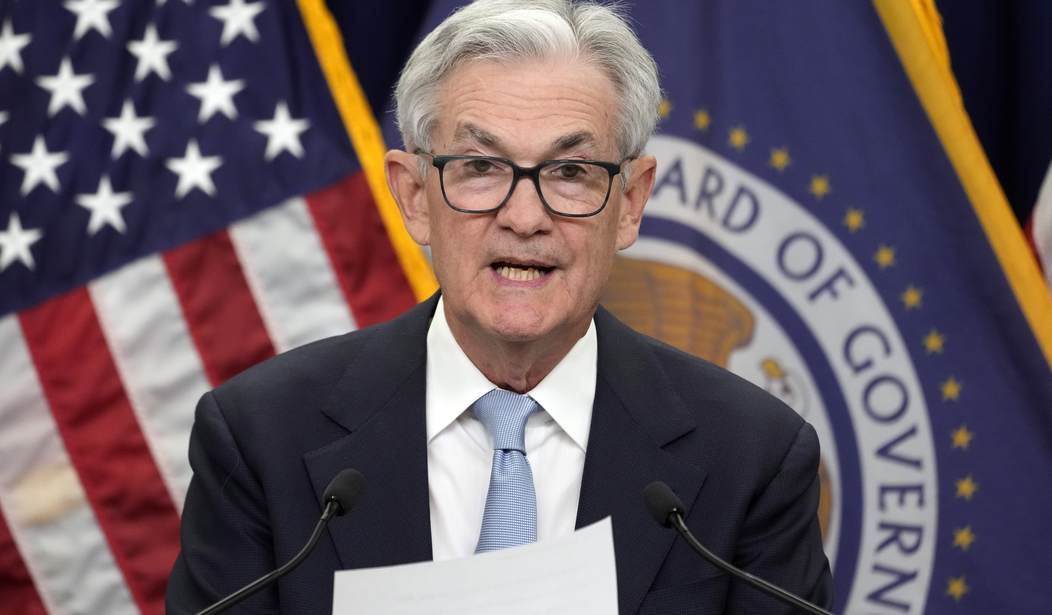The Federal Reserve has done it again! Just when you thought navigating the labyrinth of modern banking couldn't get any more exhausting, they bring out a new proposal that promises to deliver more confusion than the final season of Game of Thrones. With a bold plan to cap Debit Card Interchange Fees, the Fed seems determined to remind us that if it's not broken, they’ll find a way to fix it anyway—and possibly break it in the process.
Let's unpack this marvel of bureaucratic innovation. The Federal Reserve proposes to lower the interchange fees, the charges paid by merchants to banks whenever a customer uses a debit card. The rationale is to reduce costs for merchants and, theoretically, for consumers. Sounds fantastic, right? But like all things that glitter, there's a lot of murk beneath the surface. It turns out that this move may end up strangling the little guy albeit with good intentions.
First, let's consider the plight of the everyday debit card user. Who doesn't love a good ol' fee cap? Well, debit card users, for one. The cap sounds like a sweet deal, but it is the Trojan horse of financial regulation. When fees are capped, the big banks—the Goliaths of the financial world—may absorb the loss. But smaller banks, our friendly neighborhood Davids, have fewer options.
Smaller banks often rely on these interchange fees as a vital revenue stream. When those fees are cut, banks might compensate by increasing fees elsewhere or cutting back on the services we love. Picture this: You walk into your local bank branch of a big bank, the teller who knows your name is gone, and the ATM has a new fee that practically requires a credit check. Ah, the joys of progress!
Next on the chopping block: small banks and credit unions. You know, those charming establishments that offer personalized service, where you're treated as a member of the community rather than an account number. Those institutions might not survive this fee cap fiesta. The proposal will likely cripple these banks' ability to compete, allowing the major players to snatch up their assets. It's like watching a nature documentary where the little critters get swallowed by the big ones—except in this case, the big ones charge you for watching.
Recommended
Small banks don't just provide banking services; they are community pillars. They support local businesses, sponsor school events, and have ATMs that don't charge you a kidney to use. Limiting their ability to earn from interchange fees is akin to cutting off their lifeline. The Fed's proposal is a classic case of one-size-fits-all regulation that overlooks the nuanced dynamics of the financial ecosystem.
And what about working-class households with lower credit scores? The Fed's proposal is like offering them a hand up the ladder, only to replace the top rung with a greased slide. With fewer banks competing for their business, working-class individuals might find themselves with limited banking options, forced to rely on institutions that treat their finances like a buffet—where they are the main course.
With fewer choices and potentially higher fees elsewhere, some — especially the working class and many minorities — might find themselves unable to afford basic banking services. Imagine having to choose between paying a fee to access your own money or keeping it under your mattress. Maybe we should invest in mattress companies instead?
Now, let's talk about the elephant in the room: authority. Recently, the Supreme Court made waves by overturning the Chevron deference, a legal doctrine that previously allowed federal agencies like the Federal Reserve broad discretion in interpreting laws. This ruling essentially tells the Fed, "Hey, you can't just make up rules because you feel like it." But here we are, watching the Fed play dress-up as if it's still the 1980s.
The Fed's overreach is like trying to wear a tutu to a formal dinner. It doesn't fit, and it's bound to raise some eyebrows. By imposing this rule, the Fed is stepping into a regulatory quagmire, where the legal footing is about as stable as a house of cards in a windstorm. The Chevron ruling means that the Fed doesn't have the carte blanche authority it once did, making this proposal not just misguided but potentially unlawful.
In the grand tapestry of financial regulation, the Fed's Debit Card Interchange Fee rate cap proposal is an exquisite example of how to miss the mark with flair. It promises to help consumers, but it ends up squeezing the small banks and limiting options for those who need them most. It's a regulatory spectacle that reminds us of the saying: The road to financial chaos is paved with good intentions.
So, let's raise a glass to the Federal Reserve, the ultimate architect of convoluted solutions to problems that didn't need solving. May their cap on interchange fees serve as a cautionary tale for all regulators: Sometimes, the best way to help the little guy is to simply get out of his way.
Julio Rivera is a business and political strategist, cybersecurity researcher, and a political commentator and columnist. His writing, which is focused on cybersecurity and politics, is regularly published by many of the largest news organizations in the world.

























Join the conversation as a VIP Member